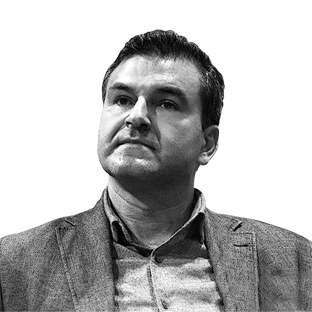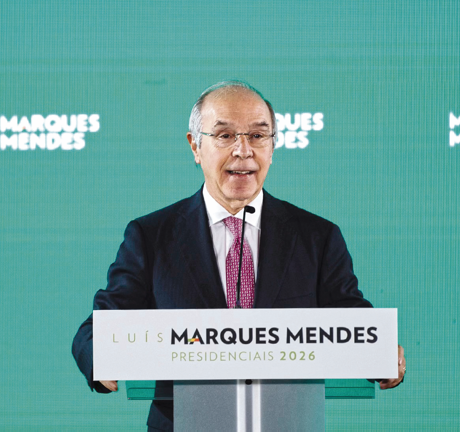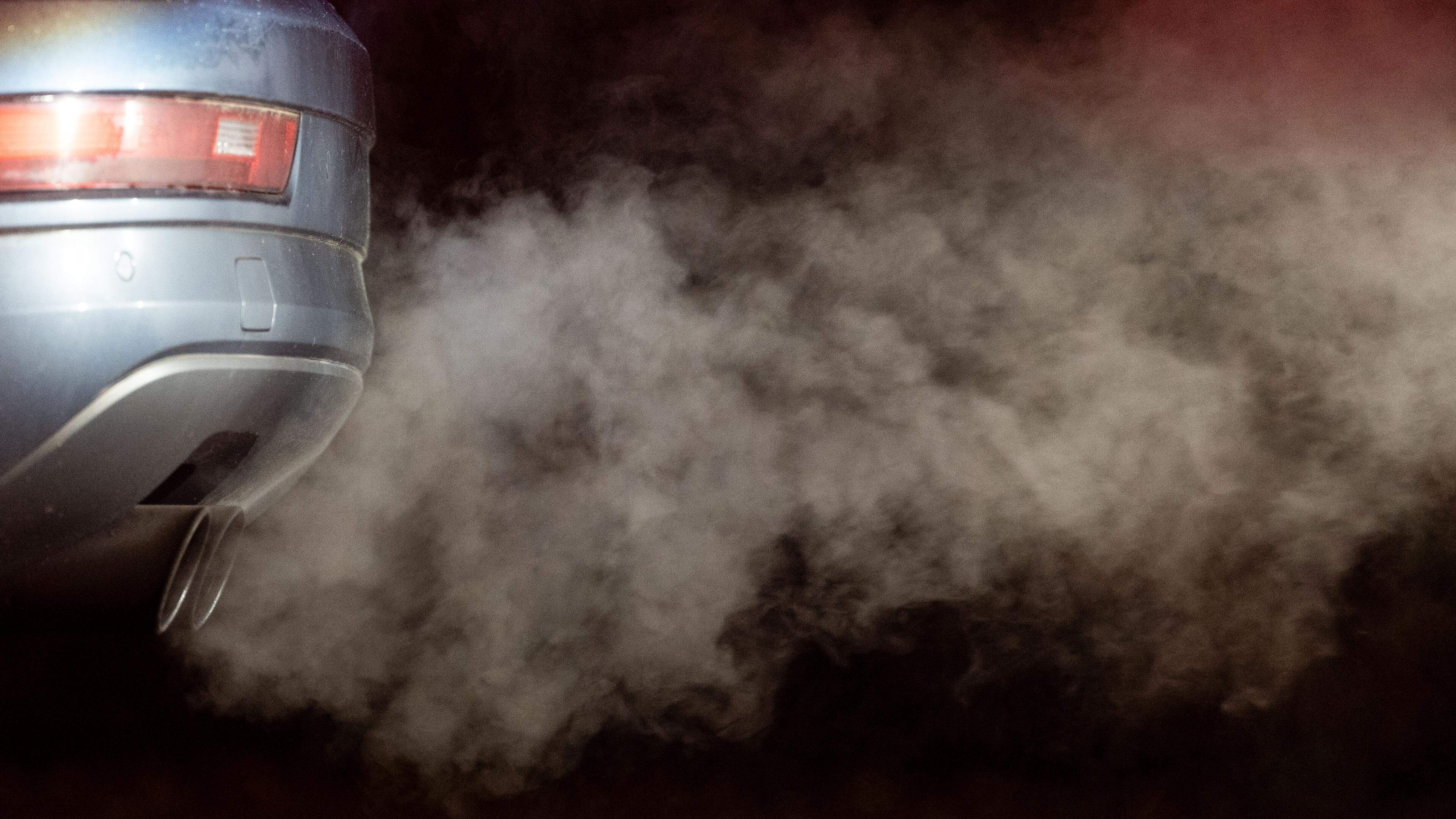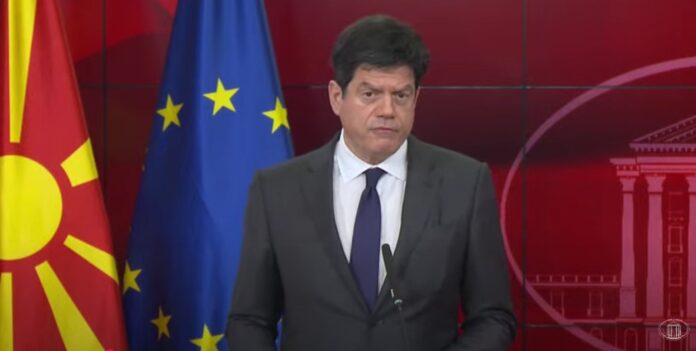The cultural and media elite

We turn on television and traveled traditional channels-SIC, TVI/CNN, RTP, Now-and faced with the same parade: professional commentators, politicians recycled in analysts, public figures converted to experts, journalists who claim writers and writers who present themselves as experts. The faces change, but the speech remains. Sometimes there comes an “expert” who is a teacher or coach with academic seal to justify consensus, because he calls any and all official. The public debate has become a predictable staging, where authentic divergence is avoided and the plurality reduced to variations within the same orthodoxy.
Did the right and wrong, good and evil become so evident that only a crazy or criminal would dare to contest them? This homogeneous thinking, which claims to be liberal and progressive, is after all as a form of unique thought.
The philosopher Byung-Chul Han describes this uniformity not as an authoritarian imposition, but as a result of subtle mechanisms of symbolic control. These act on prestige and reputation, articulating with the dynamics of social networks and the market to define the limits of public discourse.
New progressivism exerts a discursive hegemony that, while saying it is inclusive and liberating, tends to exclude dissident voices. On topics such as gender identity, climate change, immigration, race or global politics, the dissensal is often morally condemned – labeled as “negationism”, “hate discourse” or “retrograde”.
The problem is not in progressive ideals themselves, but in its transformation into unquestionable dogmas used to censor or pathologize any divergence.
Rarely, cultural elites exerted such a uniform symbolic power – not even in totalitarian regimes. The homogenization of « acceptable » discourses is evident, especially in academic and cultural means, where dissent is delegitimized as « unacceptable ».
This phenomenon is not born of a conspiracy, but from a liberal-progressive system unable to deal with genuine dissension. The cultural elite imposes an ideological consensus that treats critical thinking as a populist, reactionary or extremist.
Jean-Claude Michéa describes this process as a “monopoly of virtue”: Progressive elites complain to themselves the exclusivity of rationality and moral legitimacy, excluding everything that does not adjust to their ideological framework.
Under the pretext of technical neutrality and illustrated reason, liberal discourse becomes a dogmatic that, in the name of democracy, tolerance and freedom, imposes a new moralism and an exclusionary symbolic orthodoxy.
Progressive hegemony has transformed plurality into a simulacrum and dissent into contemporary heresy. He imposed rigid limits on divergent thinking and began to control the scope of disagreement – even by court. The censorship of offensive discourses has become a habitual practice. Teachers, journalists and researchers are silenced; Status quo critical parties are labeled as extremists.
A national example is the media and academic treatment given to the figure of André Ventura and his party. News highlight their alleged hostility in Parliament, but ignore similar episodes of other benches. It is not necessary to share the ideas of the arrival to recognize the pattern: systematic labeling as “fascist” or “threat to democracy” precedes any substantive debate.
This symbolic excommunication also extends to those who critically analyze this party-as in the case of Ricardo Marchi-being immediately associated with unacceptable extremism.
This logic, typical of Cleresia Laica, results in rigid control of discourse on topics such as security, immigration, family, national identity or Euroceticism. These subjects became surrounded by ideological taboos. Questioning them is interpreted as a sign of suspicious intentions. The elite assumes the role of guardian of virtue and progress.
A recent example: News implied that the Trump government wanted to control Portuguese universities for sending a questionnaire with questions about “gender ideology” and sympathies for terrorist groups. In fact, the inquiry only aimed at ascertaining how American funds were being used. The distortion of the facts is frequent as long as it serves to disqualify any threat to the dominant narrative.
Censorship, marginalization of parties and criminalization of dissident opinions have become common practices. The discourse of “salvation of democracy” now justifies undemocratic acts. Cultural elites produce ideas that shape common sense, operating as a secular cleresis that replaces religious morality with performative morality.
This progressism does not threaten the structures of economic power; rather legitimates them under the appearance of social justice and inclusion. It presents itself as emancipating, but maintains the status quo. Unilaterally defines what is valid to think, say or question.
In this new absolutism, cultural agents-journalists, academics, writers, influencers-become secular priests, holding authorized knowledge. Like the clergy held the monopoly of truth and morality, this Cleresia complains to itself the reason, the science and ethics of the present.
If progressivism became a secular religion, then it was absolutized as ideology. Eric Voegelin warned of the danger of ideologies that, in abolishing transcendence, rise as totalizing political religions. This is precisely what has settled: a structure with priests, inquisitors, faithful and heretics.
We do not need new curators or rationality -tranked dogmas. We need free, critical and intellectually responsible citizens. However, everything points to the reinforcement of ideological control structures disguised as tolerance and pluralism.
This elite uses concepts such as freedom and progress to justify a technocratic and elitist order, increasingly distant from popular aspirations. Hostilizes the real claims of citizens, promotes disembodied utopias and fragments the moral fabric of society. Those who dare to question is ostracized – in universities, courts or in the media. This elite assumes the role of moral and epistemological referee, deciding what is right or wrong, true or false – especially on topics such as genre, race, climate, immigration, Israel or European Union.
Those who challenge these dogmas are canceled, marginalized, pathologized or criminalized. Despite presenting themselves as advocates of freedom and diversity, agents of this orthodoxy promote a unique thinking. Symbolic control is today in the hands of intellectuals, journalists, activists and influencers who define acceptable universal values. This cultural elite is the new clergy of a secular, intolerant and dogmatic religion – now under the flag of progress, diversity and rationality.
This new caste is functional to global capitalism: it replaces the old moral values with a consumer ethics, performative diversity and resignation to the status quo – all under the disguise of progressive rebellion.
Its symbolic function is decisive: to control public debate, manufacture consensus, distribute legitimate knowledge. Examples are the Gurus of Dei (diversity, equity and inclusion), dominant ideology in the Anglo-Saxon universities that spread across Europe.
This does not imply reject the principles of freedom, equality or inclusion, but to question how they have been instrumentalized by elites who, under the appearance of pluralism, exercise symbolic domination. Democracy requires dissent, conflict and real debate. When dissent is criminalized or ridiculed, not only freedom of expression is at stake – but the very vitality of the democratic regime.
Hegemonic progressism is not revolutionary; It is useful to the current order. It gives a benevolent appearance to a structurally unequal system. If we want to preserve freedom and democratic spirit, it is essential to ensure a plural public debate, with space for contestation – especially to the dogmas of our time.
Criticism of dominant progressism is not an attack on justice or inclusion, but an openness of openness, intellectual humility and authentic democracy. To criticize this secular cleresis is not to deny science, diversity or human rights – it is to say that even the noblest principles can be perverted when appropriate by dogmatic elites. True progressism would embrace debate, criticism, and plurality – recognizing that dissent is an essential condition of freedom. Only in this way will we escape the new emancipated ideological absolutism and can rescue the democratic ideal of a living, plural and open society.






:format(jpeg):fill(f8f8f8,true)/s3/static.nrc.nl/wp-content/uploads/2019/07/fritshome.png)
